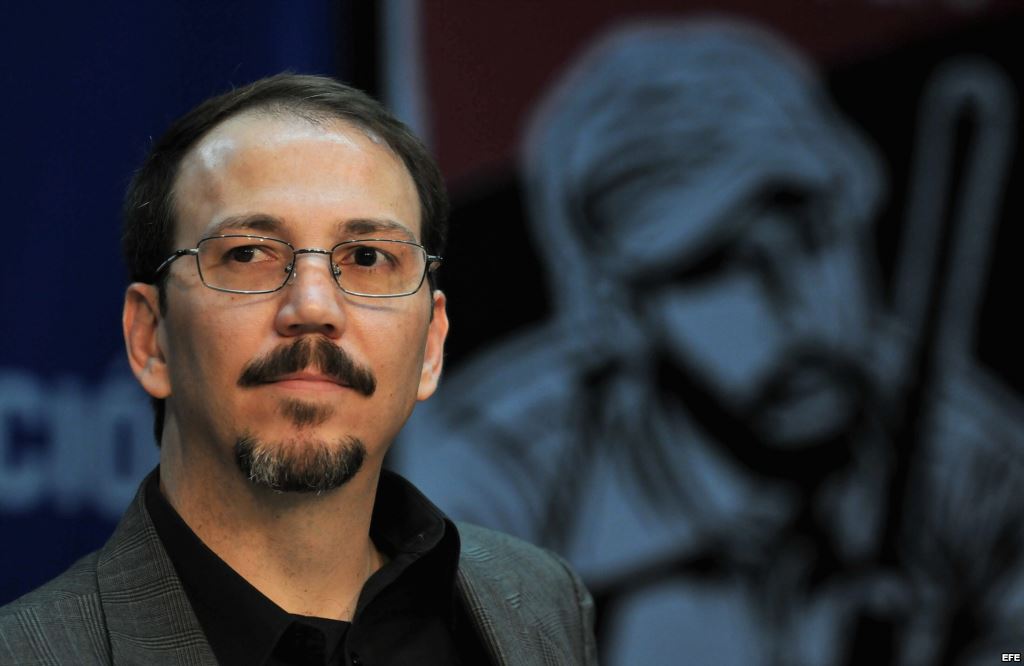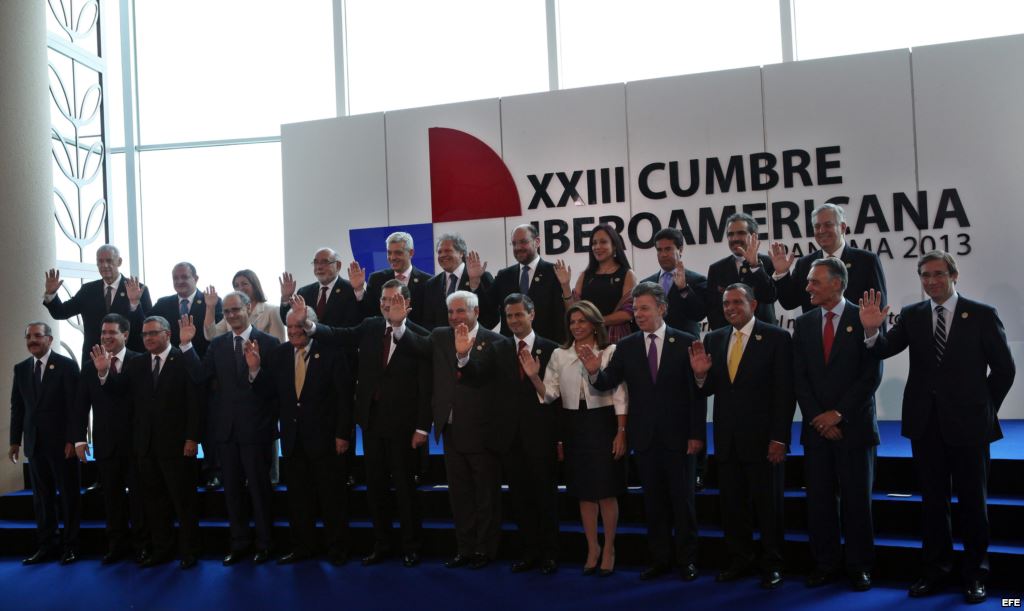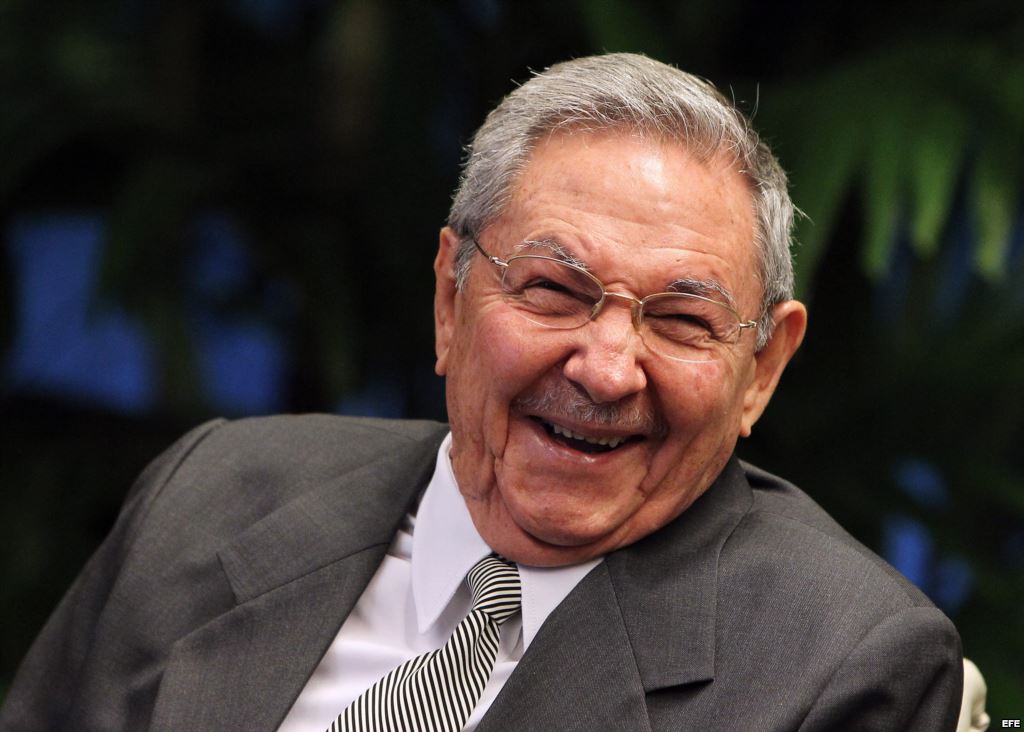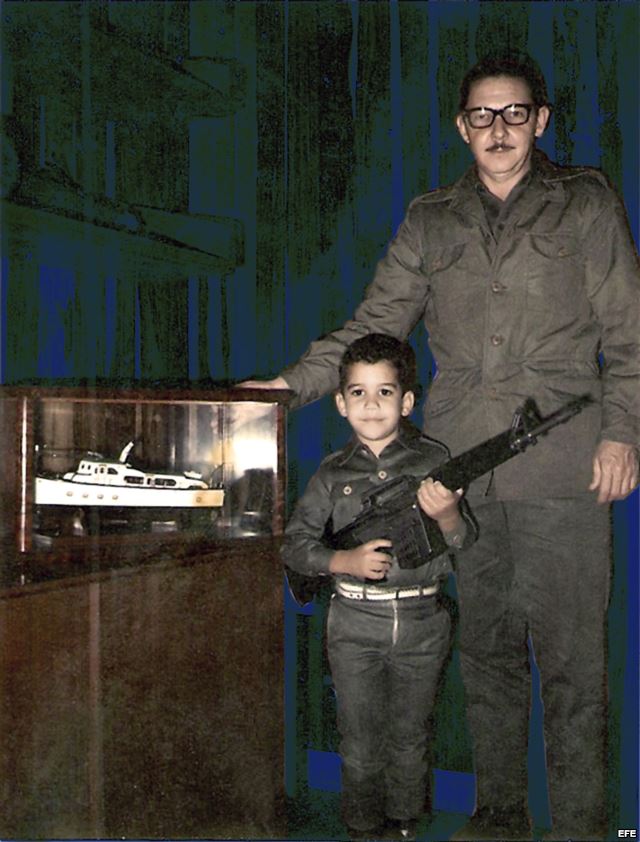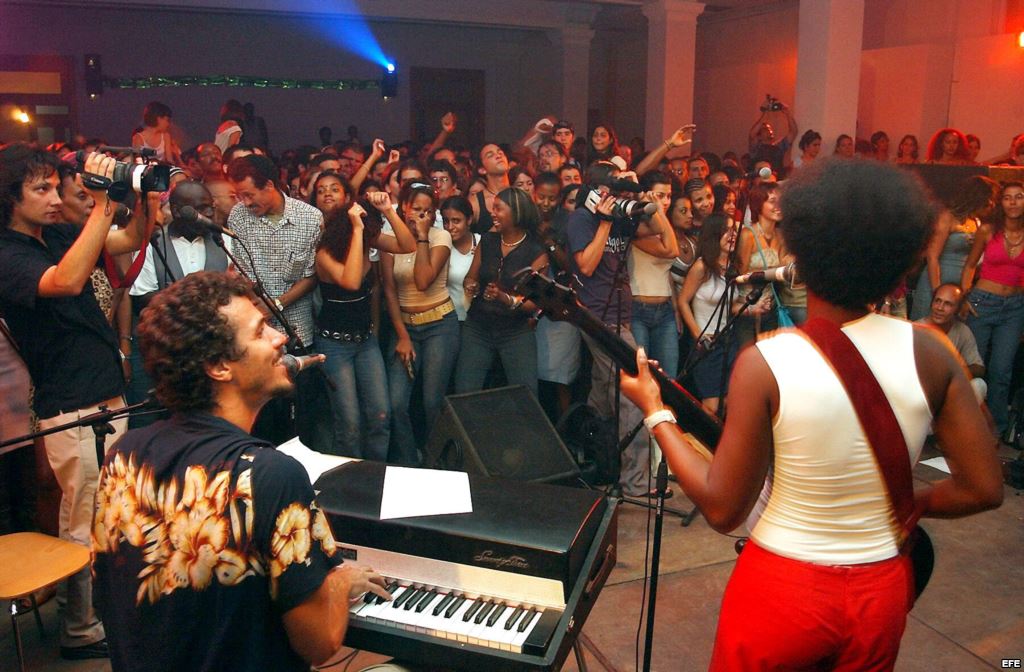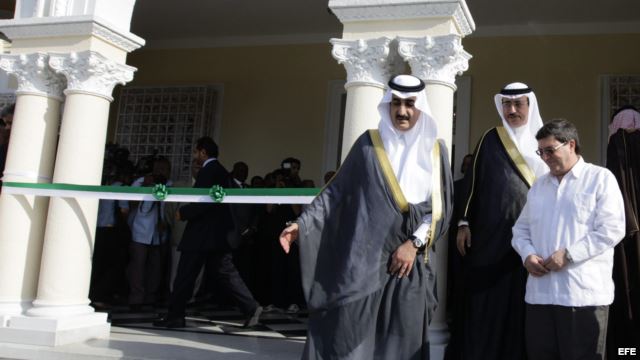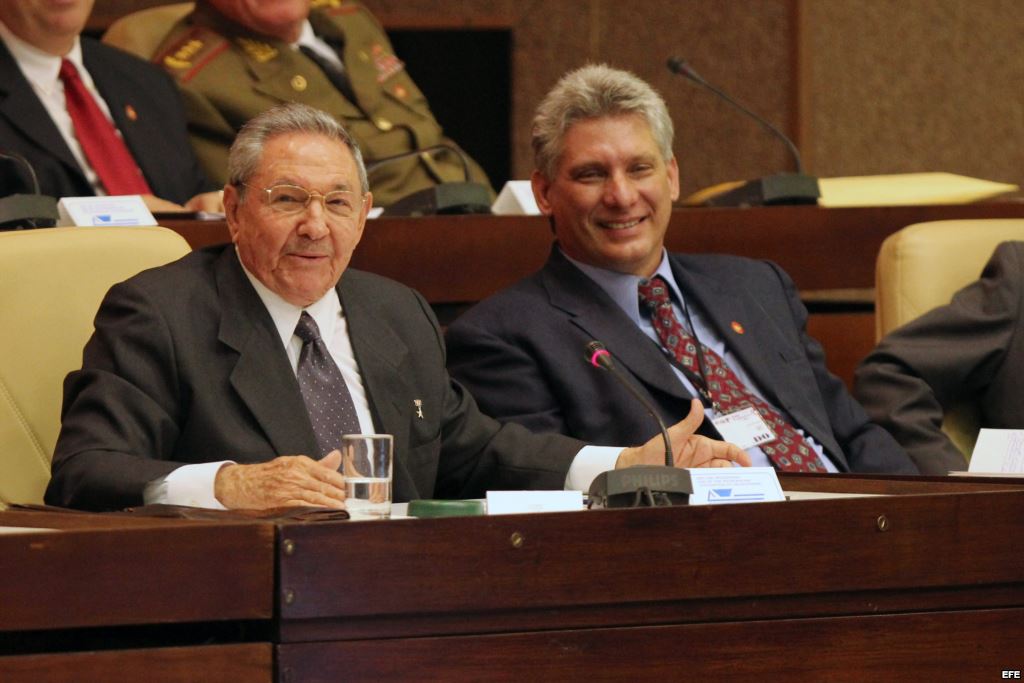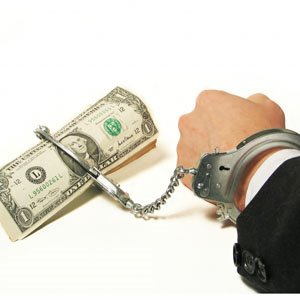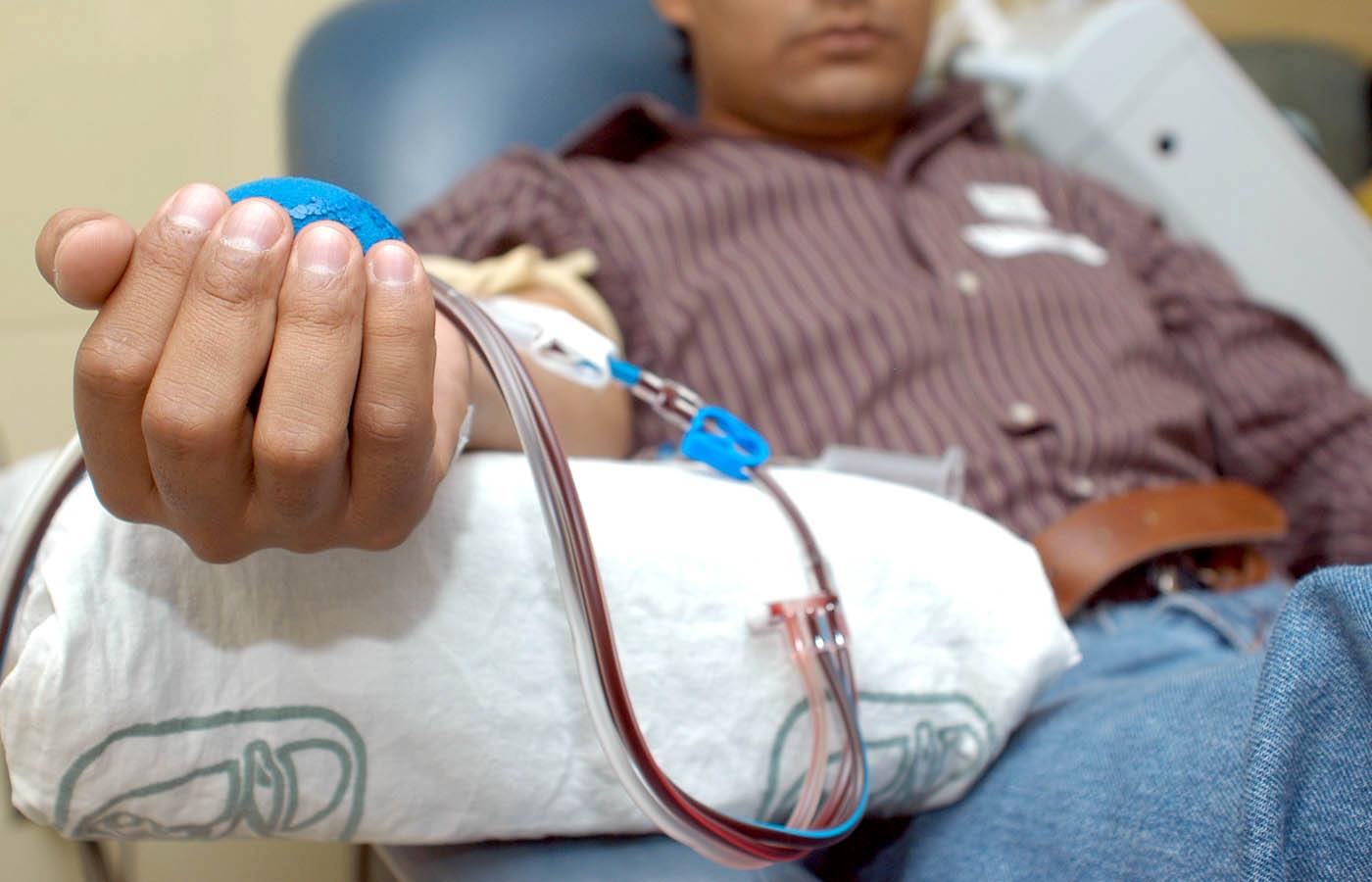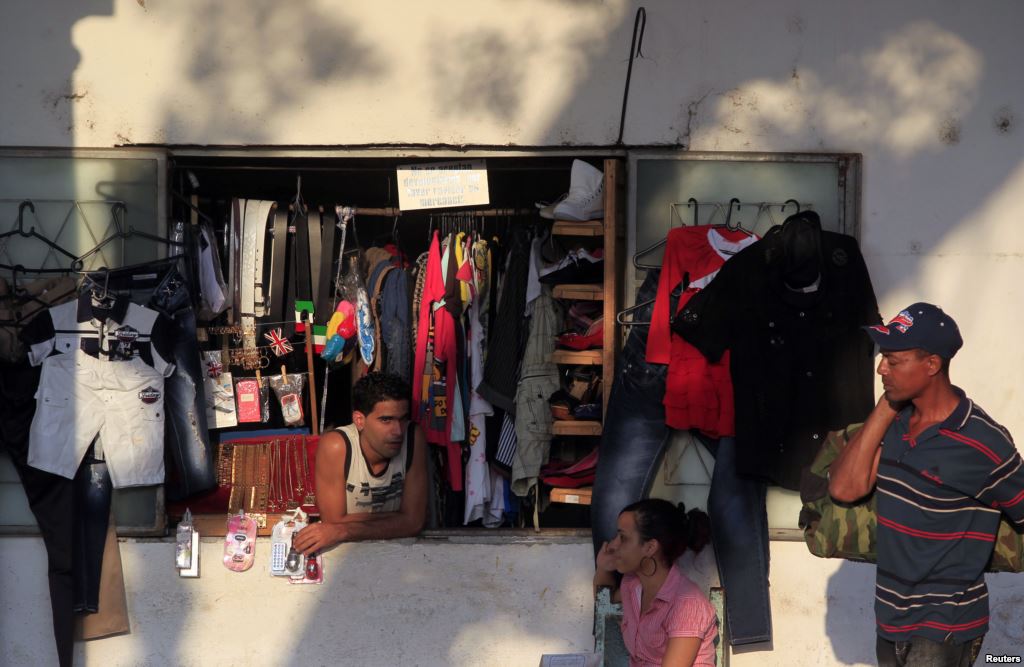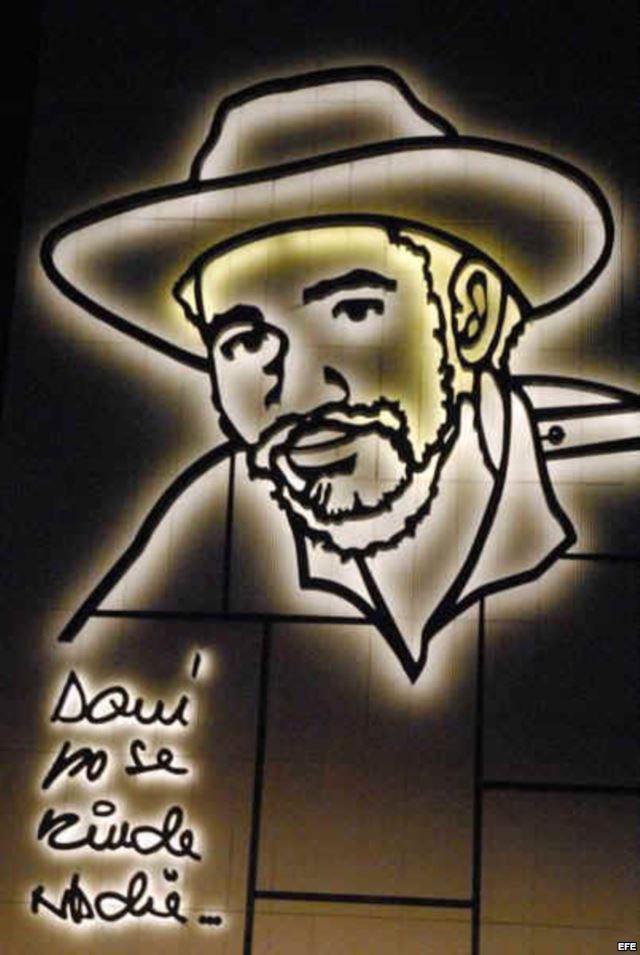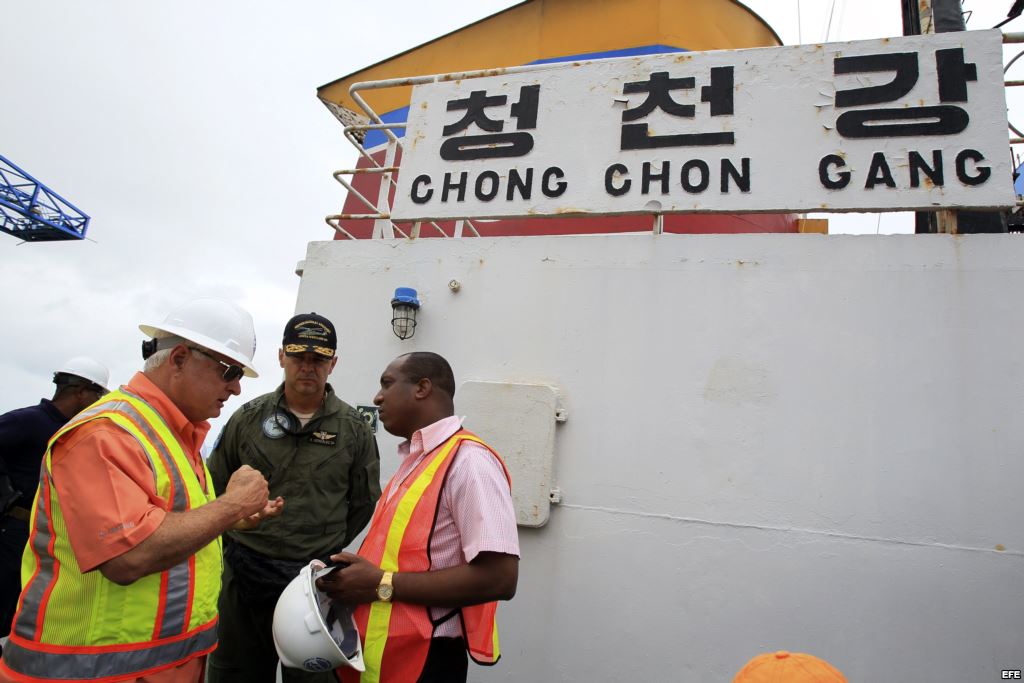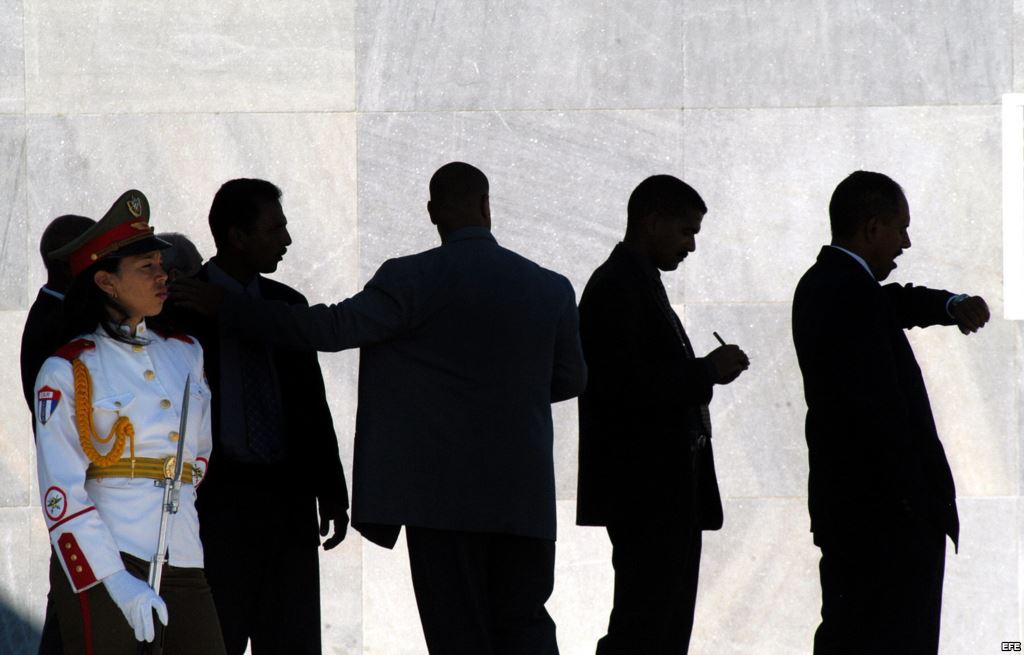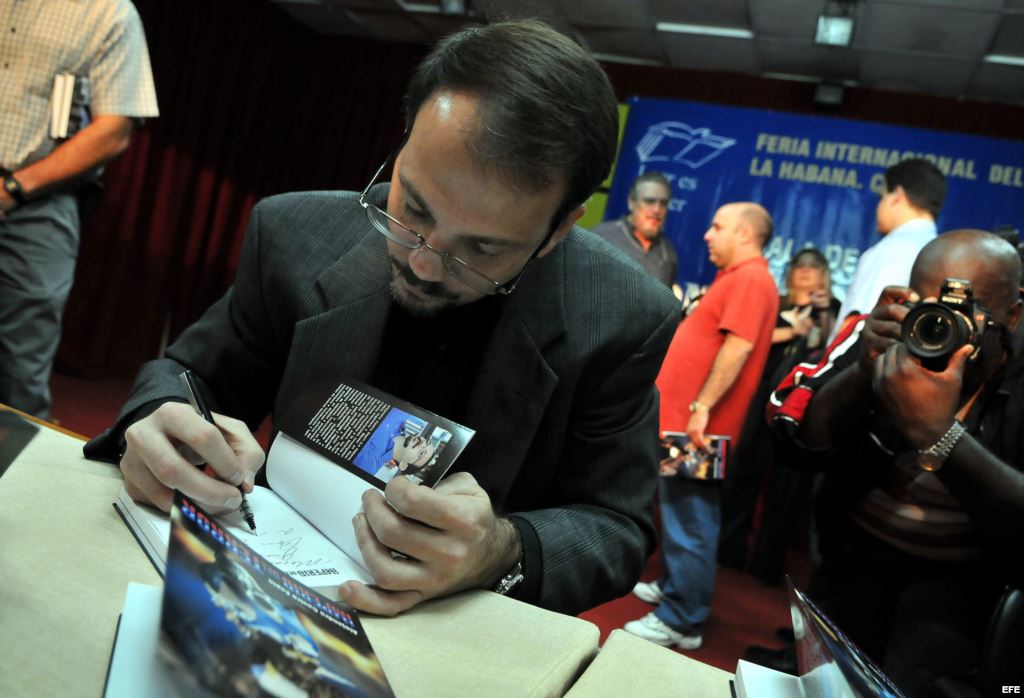
Last Monday, in a diligent and articulate article in Martinoticias.com I wrote, and I quote: “The question is, ’Where are we going?’ The answer: this coming December 2, when the military promotions are made known, and with whether or not Colonel Alejandro Castro Espin will rise to General or not. A promotion that, on one hand, could create discontent and division in the military hierarchy; and, on the other, reveal to us if the so-called “measures for updating of the model” is the road towards the aftermath of the so-called Castro era, if there are openings that lead towards a (militarized) social democracy where they go on imposing little by little on the liberties of each individual or if there have only been subtle maneuvers directed at the reshuffling of the State structure which only guarantees a succession in which Cuban power passes from hand to hand, from Castro to Castro.”
That was written, and I repeat: to understand that I continue to hold onto the hypothesis of the ascent of Castro Espín to brigadier as “the key” to the future of Cuba, or the next island president, misinterprets what I write.
If things continue as they are, in order to know who the next tenant of the Cuban presidential chair will be, it’s not necessary to be subtle, not to have a lot of information, nor to manage the art of divination with precision. It’s enough to take a look at Article 94 of the Constitution that, for good or ill, is in force and although the leader himself frequently dismisses it, it’s well established that in the case of absence, illness or death of the President of the Council of State, he will be replaced by the First Vice President. That is, yesterday José Ramón Machado Ventura, today Miguel Díaz-Canel, and tomorrow it could be Joe Blow anybody. The State superstructure is well cemented (or one might say, handcuffed) so that no one can compete with the ghost of Fidel.
Real power is something else. It is not the visibly frayed tapestry of the throne, but the shining scepter, which is already fixed so that after Raul there will be no substantial changes nor unexpected surprises, falling into the hands of Alejandro. To deny it would be something like ignoring the Cubanness of the royal palm or the Majesty of a Cuban sunrise. Cuba is not only a society ruled by a single party, but also by a family dictatorship. Is it necessary to recall the relationship between Fidel, Raul, Vilma, Mariela, …..?
The Council of Ministers is the highest executive and administrative organ and, by law, it constitutes the Government of the Republic of Cuba. Why then does Alejandro, without being a member, participate and have a critical voice in the meetings of the Executive Committee and the boards of the National Defense Council?
The ascent, or not, to General of Colonel Castro Espín, only allow us to see clearly enough what the Cuban government has doled out to us and designed as a future, it’s what is called “reforms or measures to update the Cuban model.” He already has the power and it does not depend on a simple promotion.
Many in the military hate him, others criticize him, and others mock him; the rest simply tolerate him. But all obey him and he knows it, because it it’s true that in an accident in Angola he lost the vision in one eye, it’s also very true that the visual acuity of his healthy eye is 20/20.
Translator: RST
11 November 2013

